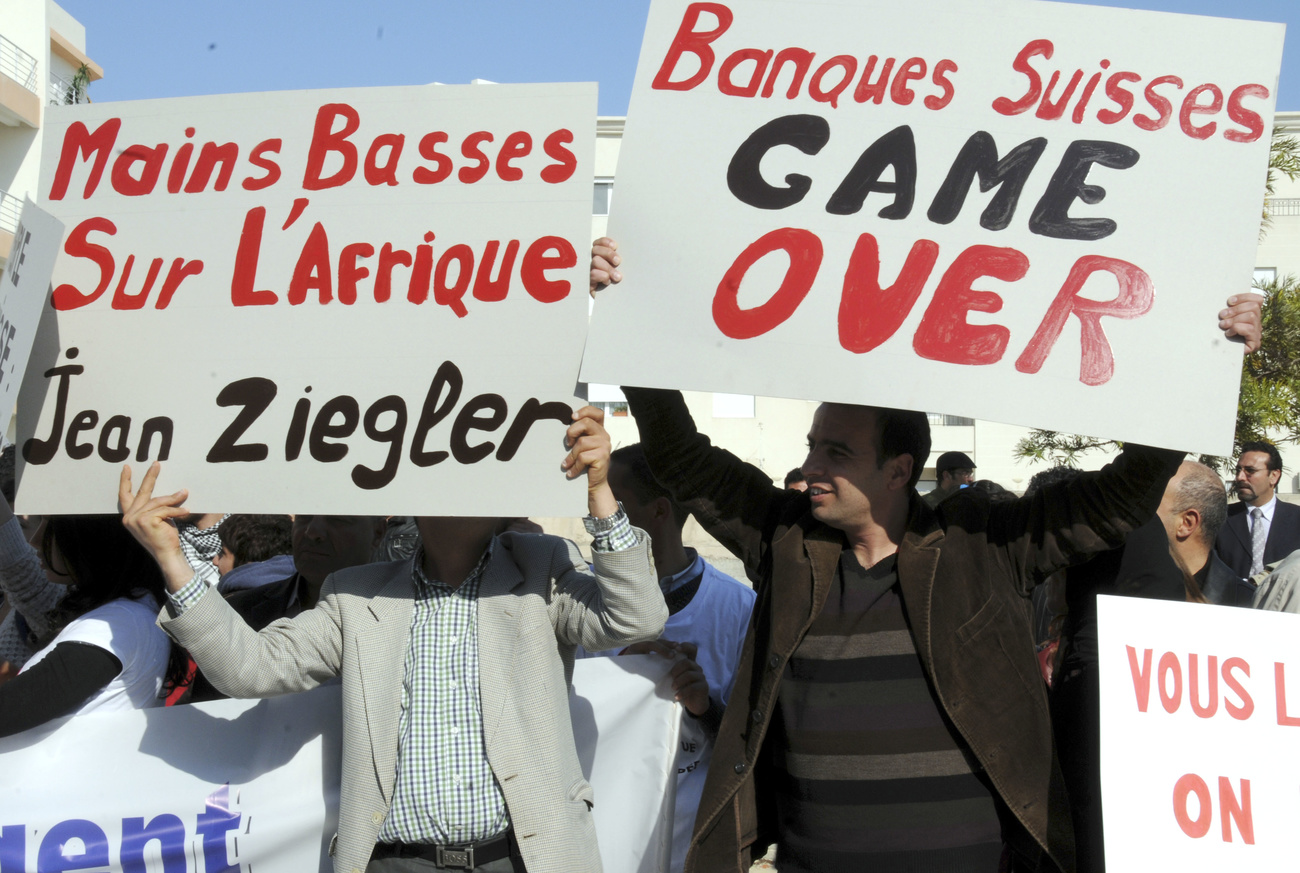
Swiss asset restitution strategy comes in for criticism

The Swiss government has been criticised for its incoherent practice of returning the frozen assets of politically exposed persons (PEPs).
The Federal Audit Office, a financial supervisory body of the government and parliament, said inconsistent rules and lack of clear criteria for restitution were hampering efforts.
The office recommended the Swiss authorities also improve “transparency over the use of frozen and confiscated funds” and seek “better integration of different anti-corruption and anti-money laundering strategies”.
A reportExternal link, published on Wednesday, claims the Swiss authorities have no overview of the cases of PEPs or what happens to frozen funds after their restitution.
“Information on unconditional restitution cases involving PEPs is very patchy and incomplete,” the authors of the report added.
About CHF2 billion
Over the past 20 years, Switzerland has returned about CHF2 billion in at least ten cases, including to Tunisia, Egypt, Brazil, Nigeria, Malaysia and Uzbekistan.
The audit office also pointed out that there is no sufficiently strong legal basis, and that the Swiss policy lacks coherence.
In the past, it took up to 15 years to obtain confiscation rulings and the authorities often promised too many results to countries involved, the report added.
The office acknowledged that the foreign ministry has taken initial steps to make the restitution process more structured.
The government has pledged to launch a new project this year to improve its asset recovery strategy.
Moves are also underway in parliament to facilitate asset confiscations by reversing the burden of proof onto the PEP, according to a report in the Thursday edition of the Neue Zürcher Zeitung newspaper.

In compliance with the JTI standards
More: SWI swissinfo.ch certified by the Journalism Trust Initiative































You can find an overview of ongoing debates with our journalists here . Please join us!
If you want to start a conversation about a topic raised in this article or want to report factual errors, email us at english@swissinfo.ch.